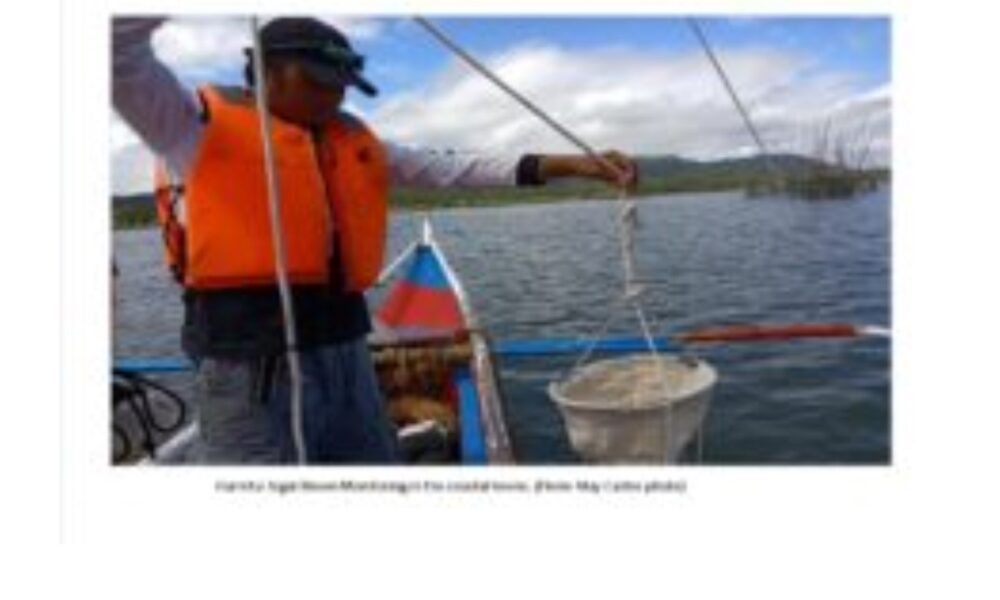
The personnel of the Capiz Agri-Aqua Laboratory have been closely monitoring the developments of
the Paralytic Shellfish Poison (PSP) affecting the coastal waters of the province since mid-August.
“Every week we send meat samples of shellfish collected from the coastal areas to the Bureau of
Fisheries and Aquatic Resources for them to check the level of toxicity,” said Office of the Provincial
Agriculturist – Fisheries Division acting head Ramie Lyn Bañares.
She added that the laboratory is only capable of a weekly microscopic analysis of water samples from
the coastal areas to determine if positive or negative from Pyrodinium bahamense variety
compressum.
Bañares, who is also a member of the team, noted that the frontliners of the established Red Tide
Monitoring Team of the OPA which is composed of, among others, aquaculturists and field personnel,
carry out the weekly routine of finding out the physical parameters like acidity, salinity, oxygen level,
and temperature of water aside from the collection of shellfish for meat samples.
The BFAR, in its Shellfish Bulletin No. 26 issued last Nov. 10, announced that the coastal waters of
Roxas City and the municipalities of Ivisan, Sapian, Panay,
Pilar, and President Roxas in Capiz are affected by the toxic red tide based on the OPA provided meat
samples.
“All types of shellfish and Acetes sp. or alamang gathered from the areas shown above are not safe
for human consumption,” said BFAR Director lawyer Demosthenes R. Escoto.
He added that fish, squids, shrimps, and crabs are safe for human consumption provided that they are
fresh and washed thoroughly, and internal organs such as gills and intestines are removed before
cooking.
BFAR Shellfish Bulletin No. 26 issued on Nov. 10, 2023.
Pilar town Public Information Officer Chris Anthony Alba said that green shells in the municipality’s
coastal water have grown in size but the owners still could not harvest it.
The onset of red tide toxin last August this year was first reported in Pilar town because of the 32 PSP
suspected cases, which include one death, from the locality as well as Pontevedra town and Roxas
City.
The identified cases manifested numbness, vomiting, dizziness, abdominal pain, and diarrhea, among
others, after eating green mussels or tahong.
Gov. Fredenil Castro, in an official statement, has advised the general public to temporarily abstain
from gathering, harvesting, transporting, selling, and consuming any type of shellfish to avoid
PSP–related food poisoning cases.
Pres. Ferdinand R. Marcos, Jr. led the distribution of a 25-kilogram of rice to each of 1,000 red tide-
affected families in the city last Oct. 6, in the Capiz Gymnasium of the Villareal Stadium, here.
The provincial government has also distributed family food packs to the fisherfolk in the
municipalities, following the red tide contamination in August this year and sometime in 2022.





